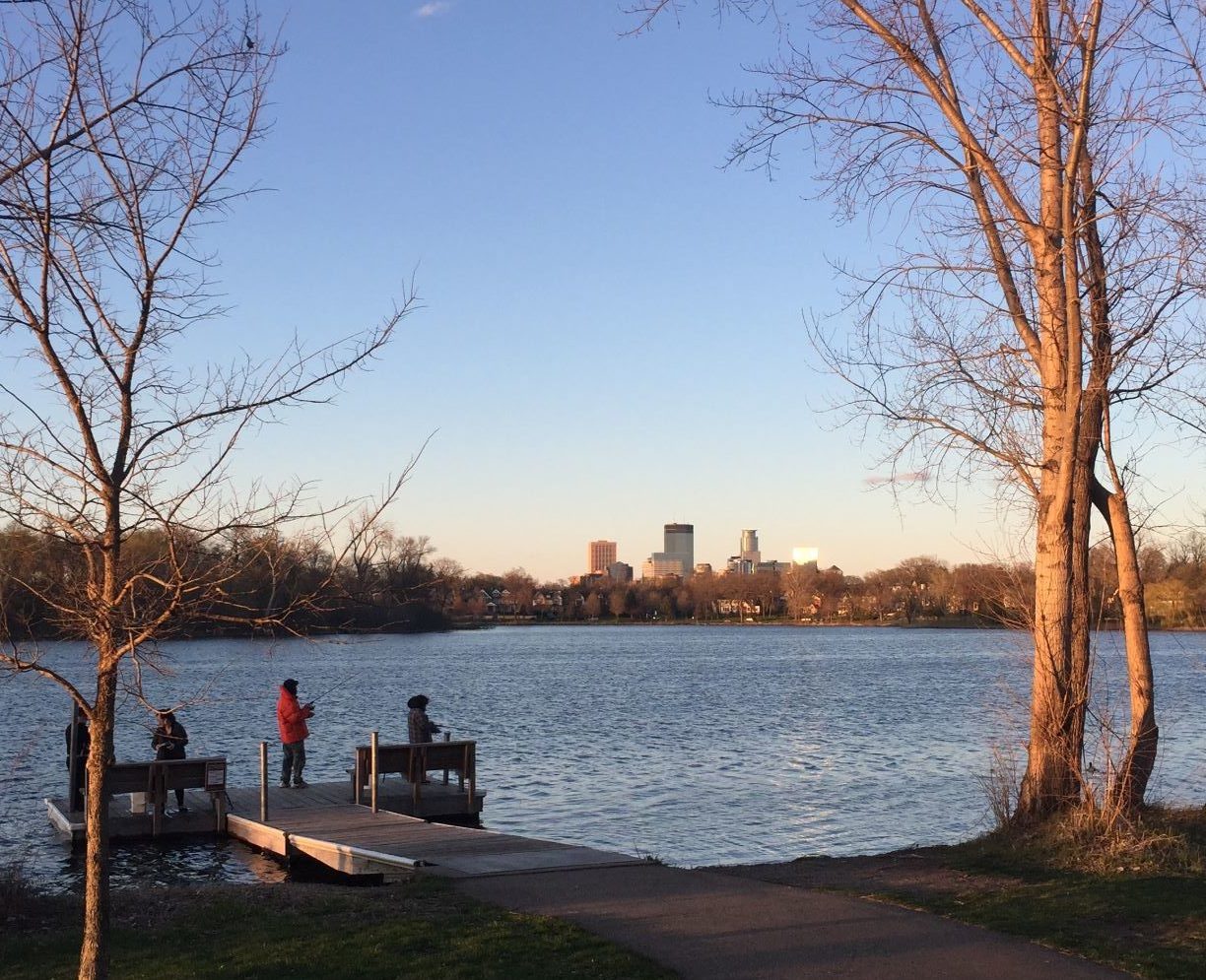During the 2020 Legislative Session the Legislature came close to passing key environmental bills, but unfortunately, the chaos of Covid-19 allowed disagreements between the House, Senate, and Executive Branch to impact other essential, unfinished business. As they reconvene in the Special Session, important social topics addressing the social unrest over systemic racism are sure to occupy their minds. However, we feel that there is still ample opportunity to come to agreement on critical legislation for the environment.

An important piece of legislation that should be included is the Minnesota River Basin Water Quality and Storage program that was included in the Senate environment bill. The Minnesota River is changing and growing as a result of high rainfall events with the resulting side effects of runoff and erosion. This program will compensate landowners who are willing to provide storage for excess water on their land during critical times of the year. This will protect infrastructure and improve water quality (a critical state and public health goal), while also recognizing the sacrifices that landowners have to make to put these projects on their land. It is the result of many years of work and has significant, bipartisan support in the Minnesota River basin. On top of that, passing it now gives the state time to attract federal dollars to pay for projects.
Another piece of legislation that needs to be agreed upon is the comprehensive salt-applicator training program. This program, which is the result of years of community work, would help increase awareness and create a training program for best management practices for snow and ice removal. We all know how icy a Minnesota winter can be, however a growing number of waters in the metro will be too salty to support aquatic life if our current salt habit continues. The urban lakes that provide access to nature and fishing are those most at risk. This program is a common-sense, easy to understand solution to a problem that all Minnesotans can use.
Finally, the Legislature can and should pass an LCCMR funding bill. Every year this bill funds vital research, restoration, and educational programs across the state. These projects provide valuable jobs, knowledge, and opportunities during this uncertain time.
Freshwater continues to work to pass these critical pieces of legislation during the Special Session in the spirit of continuing to provide a healthy water ecosystem and safe drinking water for all. Access to water is a fundamental human right.
– Carrie Jennings, research and policy director